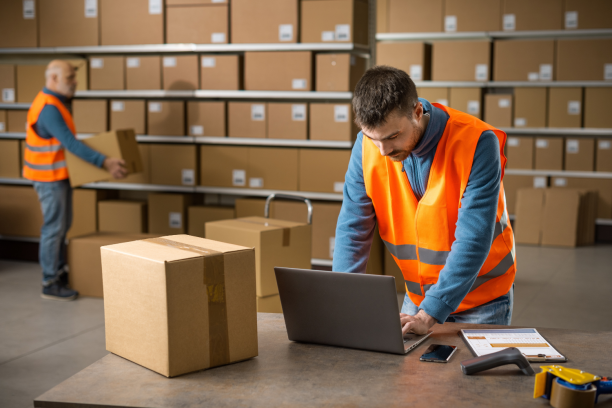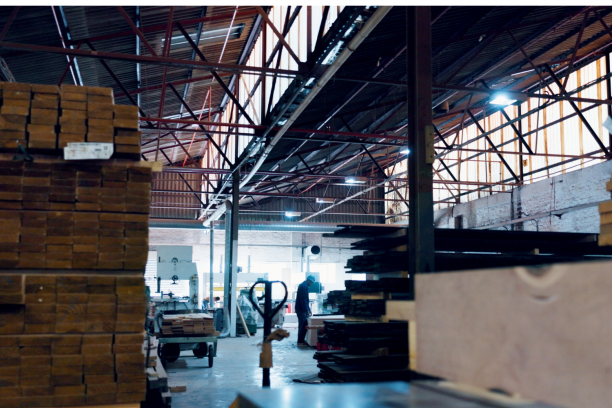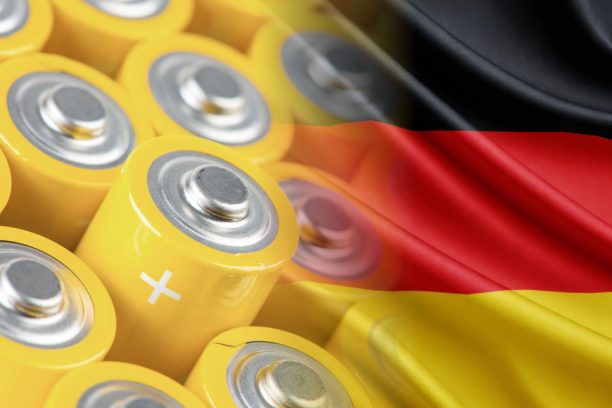EPR Compliance Drives MedTech Market Access
Sustainability is becoming an increasingly important topic in the healthcare sector, and MedTech manufacturers and distributors are navigating a complex environment to meet it responsibly. Medical equipment often includes electronics (WEEE), batteries, packaging, and sometimes hazardous or infectious materials. Each of these may fall under different, and sometimes overlapping, EPR requirements, which can make medical device waste management a real challenge. Handling biohazardous waste safely, keeping up with multiple regulations, and managing operational demands are all part of the picture.
Under frameworks like the EU Waste Framework Directive and national EPR laws, medical device producers must ensure proper product stewardship. These frameworks aim to guide companies in managing the environmental impact of their products from production, recycling, take-back processes, through end-of-life, helping them meet regulatory obligations while also supporting more sustainable practices.
Why EPR Compliance Matters for MedTech Companies
For MedTech companies, following environmental rules isn’t just about avoiding fines; it’s also about contributing to a healthier environment and supporting stakeholders who rely on their products – a step towards a circular economy. Hospitals and clinics are increasingly seeking sustainable practices when selecting producers and suppliers, so demonstrating a genuine commitment to sustainability can be a significant advantage.
Managing your environmental compliance obligations also helps manage risk: Global supply chains are under scrutiny, and meeting waste and recycling obligations protects both a company’s reputation and its bottom line. As EPR frameworks expand across Europe and beyond, producers who take proactive steps now will be better positioned to succeed in the future while making a positive impact on people and the planet.
How MedTech Producers Can Achieve EPR Compliance
Handling product and sales data is often the trickiest part of a global EPR strategy. EPR reporting for medical devices begins with understanding your data before you can actually start producer registrations. Knowing what materials, packaging, and waste streams your products involve is essential, but it can get complicated when multiple EPR regulations apply across different European or worldwide countries. We make this easier through a standardized and centralized reporting mechanism, so you only need one data file per waste stream instead of juggling different formats for each country.
We help manage complex product information and transactional data across different requirements, ensuring nothing gets missed.
Keeping up with changing regulations is another challenge. We provide personalized updates whenever laws applying to your products and import streams change and clearly explain what actions are needed in real-time, so you can stay on top of legislation. Audit readiness is included as part of the process; with all the documentation you need to confidently handle regulator checks.
To simplify the EPR registration process, we follow a four-step checklist:
- Product Obligation Mapping – We classify medical devices, sterile packaging, and embedded batteries according to country-specific rules. Each product’s obligation is summarized in a detailed report.
- Local Producer Registration – We assist with registration with compliance schemes and authorities. We manage external contracts and the Setup process through Power of Attorney.
- Data Centralization and Validation – We support understanding, preparing, and submitting data about your products and sales volume. This includes defining reporting standards, integrating information, running test reports, and ensuring accuracy across multiple reporting categories.
- Proactive Monitoring – We continuously monitor local laws and obligations, implement necessary data adaptations and volume reporting deadlines, support pre-financing, audits, and provide ad-hoc consulting assistance whenever needed.
Following this approach guarantees medical equipment producers stay in control of environmental compliance, reduce operational workload, and lower the risk of errors or penalties.
The Future of EPR in Medical Device Sustainability
Environmental compliance and EPR have an impact on MedTech manufacturers’ products and daily processes. Producers and distributors that see these as opportunities rather than hurdles can build trust, resilience, and long-term value with both customers and retailers. By combining innovation with responsibility, MedTech can keep improving patient outcomes while also protecting the planet. At RLG, we help producers navigate EPR compliance with practical solutions and expert support. Contact us today for support in simplifying EPR compliance with your medical devices across Europe.









